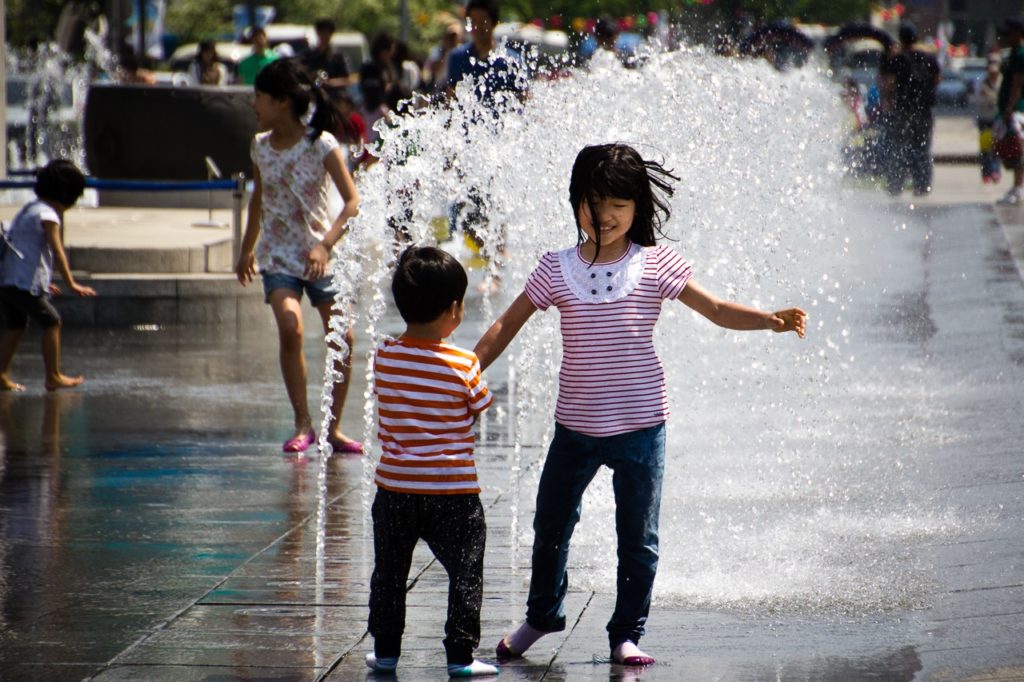The Peninsula
Unprotected Minors in South Korea
Published June 25, 2020
Category: South Korea

This briefing comes from Korea View, a weekly newsletter published by the Korea Economic Institute. Korea View aims to cover developments that reveal trends on the Korean Peninsula but receive little attention in the United States. If you would like to sign up, please find the online form here.
What Happened
- According to the National Center for the Rights of the Child (NCRC), year-on-year number of child abuse cases dropped by 449 to 6,887 in the first quarter of 2020.
- Nonetheless, two dramatic child abuse cases recently became public. A 9-year-old boy died after being locked in a suitcase by his father’s partner. A 9-year-old girl escaped from her parents who were physically abusing her.
- The Ministry of Justice is moving to revise the country’s civil law which had guaranteed parents the right to use corporal punishment on their children.
Implications: Recent child abuse cases revealed that the government’s traditional aversion to intervening in family issues has resulted in inadequate protections for children. While data from the NCRC suggests a falling number of child abuse cases, others suspect that the numbers are underreported in 2020 because the pandemic has prevented children from being in public places where signs of abuse can be detected. Before the COVID-19 outbreak, the number of suspected child abuse cases had been constantly rising. 24,604 cases were reported in 2018, more than double the 2014 figure of 10,027. 77% of these cases were perpetrated by the victims’ parents. In addition, 82% of children who were abused are returned home under the current system because Article 4-3 of the Child Welfare Act stipulates that “the state and local governments should support children to quickly return to their homes.”
Context: According to a survey conducted in 2019, 47% of the public opposed the adoption of any amendment that would prohibit parents from punishing their children. Meanwhile, only 44.3% of respondents approved this proposed revision. This echoed the split in public opinion when South Koreans debated the abolition of corporal punishment in schools in 2012. Despite initial pushback, the share of the population that supported the ban on physical punishments in school increased to 83.7% by 2014.
Korea View was edited by Yong Kwon with the help of James Constant, Sonia Kim, and Ingyeong Park.
Photo from hjl’s photostream on flickr Creative Commons.
